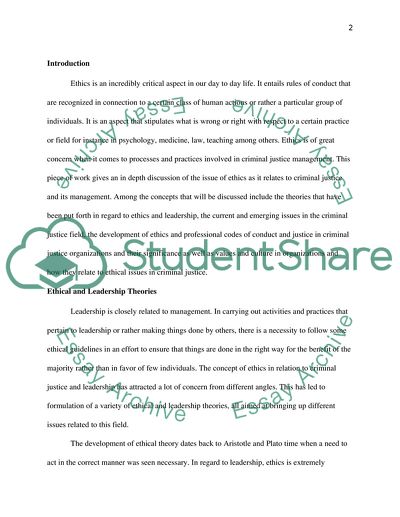Cite this document
(“Applied Ethics in Criminal Justice Management Research Paper - 1”, n.d.)
Applied Ethics in Criminal Justice Management Research Paper - 1. Retrieved from https://studentshare.org/law/1758406-applied-ethics-in-criminal-justice-management
Applied Ethics in Criminal Justice Management Research Paper - 1. Retrieved from https://studentshare.org/law/1758406-applied-ethics-in-criminal-justice-management
(Applied Ethics in Criminal Justice Management Research Paper - 1)
Applied Ethics in Criminal Justice Management Research Paper - 1. https://studentshare.org/law/1758406-applied-ethics-in-criminal-justice-management.
Applied Ethics in Criminal Justice Management Research Paper - 1. https://studentshare.org/law/1758406-applied-ethics-in-criminal-justice-management.
“Applied Ethics in Criminal Justice Management Research Paper - 1”, n.d. https://studentshare.org/law/1758406-applied-ethics-in-criminal-justice-management.


